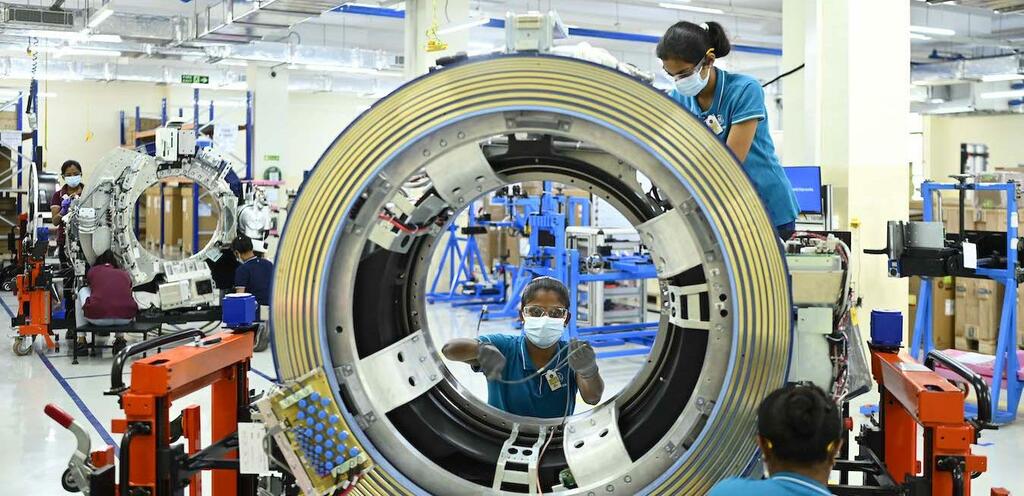Manufacturing industry tends to be less vulnerable to climate change, in part due to its lower sensitivity and greater capacity to adapt to climate variability, said a World Trade Organization (WTO) report.
However, industrial sectors that rely on climate-sensitive inputs (such as food processing), labor-intensive sectors, and sectors that are highly integrated into global value chains (GVC) are likely to be affected.
For example, the WTO added, it has been found that growth in exports of agricultural products (such as grains, dairy products and eggs, leather and animal feed) and light manufactures (such as clothing, footwear, furniture, consumer electronics and appliances) from low-income economies to the United States would decline by 2-5.7% in response to a 1°C temperature rise.
While the impact of rising temperatures on agriculture-related exports is generally the result of climate-induced damage to agricultural productivity, the impact on light manufacturing trade is likely the result of reduced labor productivity at higher temperatures.
Manufacturing industry
The WTO also stated that climate change will affect manufacturing sectors through disruptions in supply chains.
For example, the 2022 floods in Pakistan destroyed approximately 40% of the country’s cotton crop, severely affecting the textile industry-Pakistan’s largest export-which relies heavily on domestic cotton production for raw materials.
The adverse effects of local weather events can, under certain conditions, spread along supply chains and between countries.
For example, in 2011, flooding in Thailand disrupted the global electronics and automotive industries, leading to an 80% decline in global year-on-year production in November 2011 and an estimated 2.5% decline in global industrial production growth.
Japanese manufacturers, which rely heavily on intermediate inputs from Thailand, produced at least 423,000 fewer cars in 2011 because of the floods.
Among GVC-intensive sectors, the potential impacts of weather-induced GVC disruptions are more severe, with effects lasting up to many months, for relationship-specific supply chains than for other types of supply chains, because each supplier manufactures a unique and highly differentiated input that is difficult to substitute in the short term.
![]()

